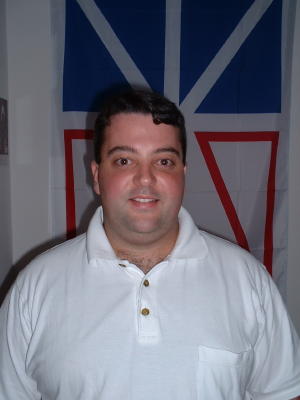AERA and interviewing
Well, went to a session this morning at the annual meeting of AERA on Interviewing. Some good tips, many things that were common sense, and some unexpected ones. The remainder of this entry is a rough fleshing out of my notes. It will be written as if I am providing the advice, which I'm not. These are the basic comments of the eight participants.
The first, and one of the most obvious things, is to be strategic. Focus upon applying for jobs that you really fit and the ones that you sort of fit or you think you can make yourself fit, skip those and don't bother to apply. You'll be wasting your time and their's. When making your application it is a good idea these days to include a statement outlining your current and future research agenda and a statement that expresses your teaching philosophy (regardless if it is asked for or not).
To put yourself in a better position to have your application get you an interview include having good evidence of productivity. Take every opportunity that is offered to you to present your research and/or to publish your research. While publishing opportunities may be scare for many graduate students, there are usually ample opportunities to present your research at professional and academic conferences. This is important because it indicates to those looking at your application that you have the necessary skills and have begin a good work ethic, as opposed to someone who will need intensive training after they are hired. In addition to evidence of productivity, make sure that you have good references. This is key, when selecting your references it is acceptable to ask them what type of reference that they feel that they would be able to provide you. Ask them what things that they feel comfortable highlighting and if there were any areas that they felt that they wouldn't be able to provide you with a strong recommendation.
When you prepare for the interview, make sure to study the context or setting. Read the faculty profiles, not just those that will be interviewing you, but everyone's profile. Take the time to read some papers authored by faculty at that college or university. In doing this research, make sure that you get a good sense of the research interests and background of each faculty member. This will allow you to discuss possible research collaborations or to ask questions about their research and/or writing in a specific way. In relation to that, during the interview process make sure that you ask questions. You will be given ample opportunity during the interview to ask your own questions, not taking advantage of these opportunities is often seen as a lack of interest on your part.
One of the final portions of the session, which I found quite interesting personally, was the way that each of the panelist stressed the concept of building your professional network. While I knew that this was an important task to undertake, I didn't realize how the interview process could be used for this. For example, in your preparation for the interview you would have probably identified individuals that you would like to work with/under or collaborate with. Just because you do not get the position, doesn't mean that these collaborations can't skill occur. In addition to trying to be successful in getting a job offer after your interview process, try to create professional relationships that you will be able to use regardless if you are successful in getting the position or not.
That's roughly where my notes run out. Hope this is useful to some out there and if there are other tips for interviewing, I'd be happy to hear them (particularly as I hope to be engaging in an interview over the next few months).
Tags: aera, higher education, education



0 Comments:
Post a Comment
<< Home